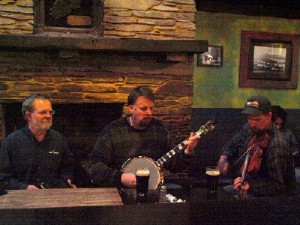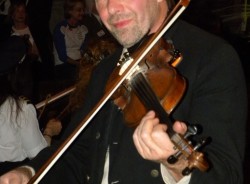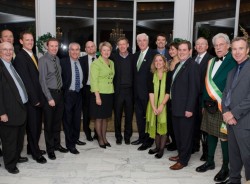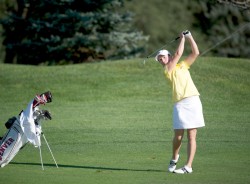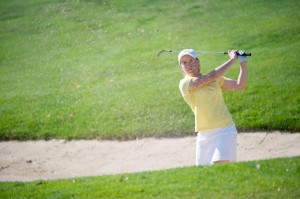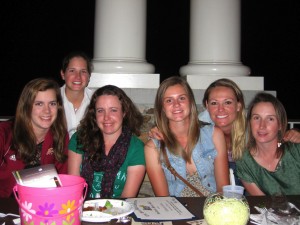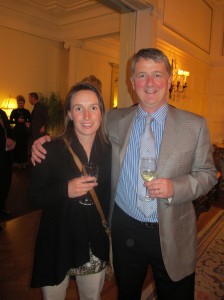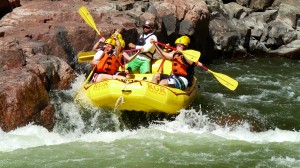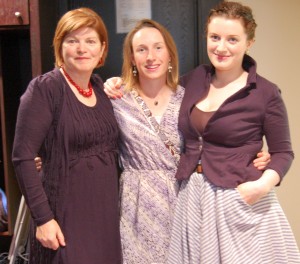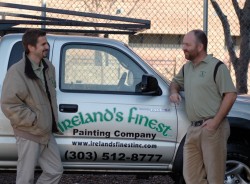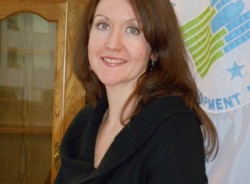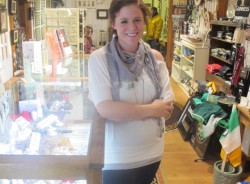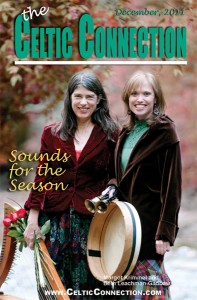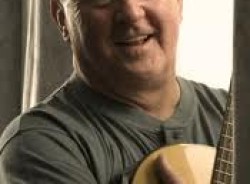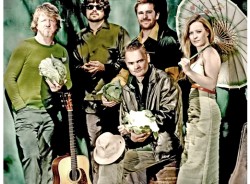Irish-American John O’Brien, Jr. Publishes “First Generation”
John Francis O’Brien, Jr. is an author, writer, poet, publisher and spokesman. Named as one of Irish America Magazine’s 2011 Top 100 Irish Americans, he is Co-Founder, Co-Publisher and Editor of the Ohio Irish American News, which premiered in January 2007. His poem, The Vacant Chair, took 1st Prize in the Irish Book, Art & Music Showcase 2010.
A first generation Irish-American, his father who hails from County Roscommon, is Founder and Director of the Cleveland Irish Cultural Festival. John continues his father’s legacy, love of the Irish heritage and vision for the festival as Assistant Director of the 30th Annual event which will be held July 20 – 22, 2012.
O’Brien has recently had his first book of poetry published. First Generation, showcases 69 poems divided into six chapters written in critical moments in his life. Love; Ireland: Music to America; My Family; It’s Love in a Way, but Really R.A.; Ghosts in the Attic; and My City.
First Generation can be purchased directly from John O’Brien’s website, SongsAndStories.net.
The Vacant Chair
I asked her if she could go home or did she have to stay out all night
She looked at me kind of funny, then her laughter peeled with delight
My heart it broke in two, and today I can still freeze the moment
But a terrible devil had been born, it’s destruction bent to foment
We saw no sign. We were young, without a care
Now I sit alone at the table, across from the vacant chair
We struck up a friendship; there was nothing more at first
Yet every time we separated, I felt an unquenchable thirst.
Friends grew to lovers, in body and the spirit.
We finally faced our fate, time to precious to mourn or hear it.
We found each others joys, she loved the teddy bear
Her soul hugged her heart, when I built the vacant chair
She was beautiful, she was gorgeous. The kindness that I saw
How she left me after the night, and always in constant awe
I was never so happy, we traveled and we laughed
We danced and we sang, she was a master at her craft
I wrote while she painted, her skill extraordinaire
Poems and fond memories, engraved deep in the vacant chair
We never had such happiness, each was wide with wonder
That kindred souls found each other, amidst the din and the thunder
No children had we, tho’ in the thought we’d often revel
For the sickness had already started, the bastard of the devil
Waiting, throwing up, more chemo left to bear
And when the pain got too bad, I widened out her chair
Time slipped away, but the devil wouldn’t let go
The drugs and the treatments – rained blow upon blow
She fought it so valiantly; she cried that we might part
Then I learned that it was winning and a knife ripped apart my heart
I did all that I could, she loved when I washed her hair
Damn you devil, Damn the empty vacant chair
Day after day, yet her smile was still bright,
When I’d walk in the room, see her body there so white
She was home now, in her own home, peaceful here at last
We planned out her funeral, and remembered about the past
The pain and the fashion, were more than I could bear
For one last night I held her close, as we dreamed together in the vacant chair
I asked her if she must go home or could she stay out all night
She looked at me kind of funny, then laughed with remembered delight
My heart it broke in two and I can still freeze the moment
But the terrible devil had won, death’s taking it did foment
We were frozen in time, lost, without a care
Now I sit alone at the table, across from the vacant chair
The time it goes so slowly, the moment’s hard to wait
This that brought such delight, now how I’ve started to hate
How can it sit empty, when I am still sitting here?
How can the crying stop, when every single thing brings a tear?
I miss you love, we were a once-in-a-lifetime pair
So I search out the polish. Lovingly, I caress the vacant chair.
• The Vacant Chair was awarded 1st Prize in the 2010 Irish Books Arts and Music (iBAM) Showcase



